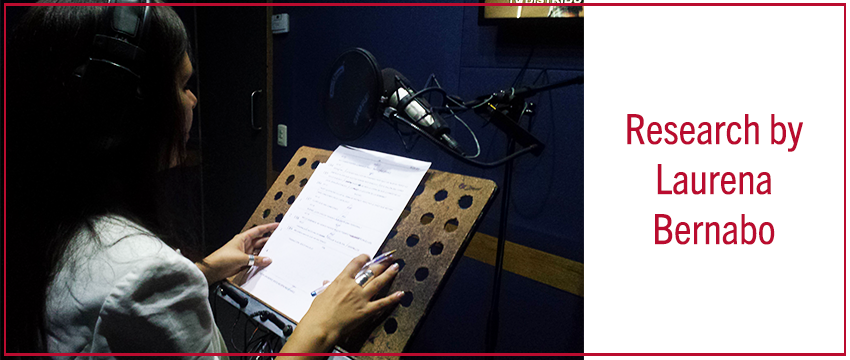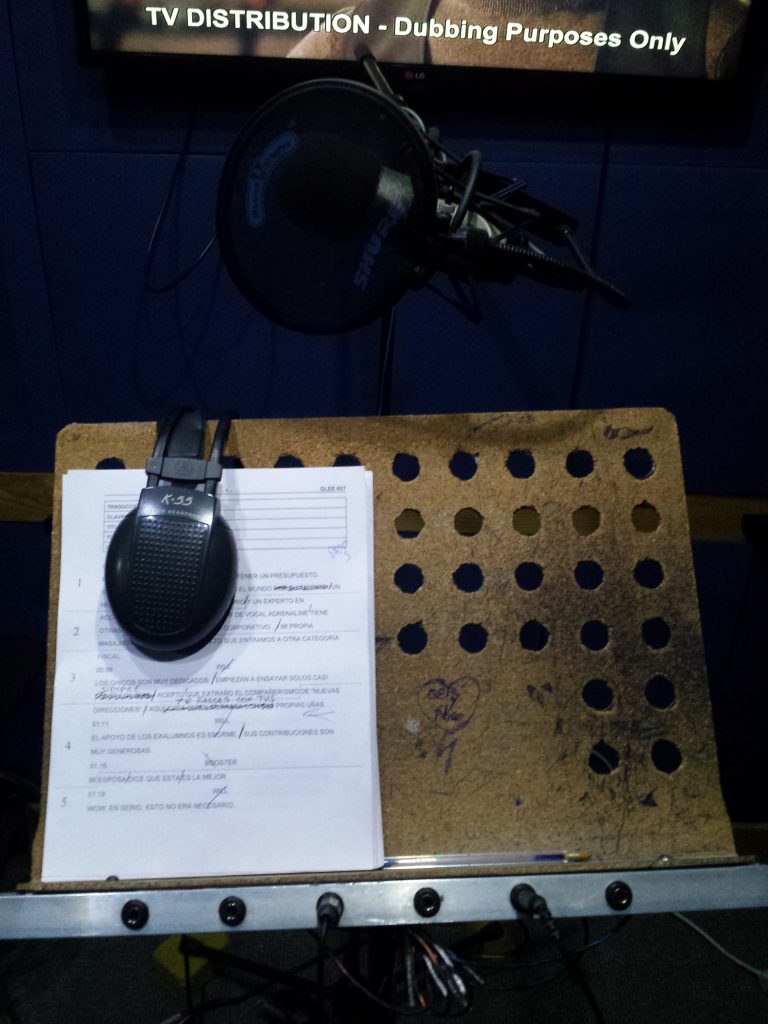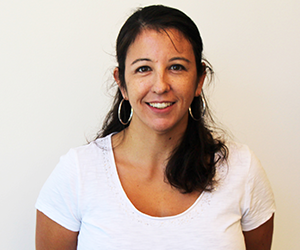Diverse identities are often lost in translation when movies and television are dubbed for other languages

Diverse identities are often lost in translation when movies and television are dubbed for other languages
When movies and television are translated to other languages, LBGT and BIPOC individual characteristics are often lost or reduced, according to research by Laurena Bernabo, assistant professor in entertainment and media studies.

To best understand the processes behind dubbing an American television show to other languages, Bernabo made multiple visits to New Art Dub in Mexico. It is the company that dubs many Fox shows. She also interviewed Fox executives in Los Angeles and Brazil. Bernabo focused on the show “Glee,” which is known for featuring characters that identify as LBGT and/or BIPOC, and their community storylines.
“Translation tends to lose a lot of the ways identity is communicated aurally, both through the vocabulary people use to talk about themselves and the tones and speech patterns associated with different groups,” Bernabo said.
In most cases, Bernabo found that executives and dubbing professionals did not have malicious intent when stymieing character traits. Rather, little attention was paid to the talent that executed the dubs and how they performed.
For example, Bernabo found when dubbing studios don’t employ Black voice actors to dub Black characters, those dubbed characters tend to sound like their white counterparts, even when the original actor’s voice is discernably different from white actors’ voices.

“There are also lots of references to one’s identity, be they Black or gay, that might get lost in translation because they’re deemed offensive, or they utilize references that the dubbed version’s audience won’t understand,” Bernabo said.
In the case of “Glee,” some of the character traits altered in translation included voice tone, pitch, inflection and connection to cultural references.
Bernabo recommends television executives and dubbing companies cultivate and employ voice actors of the same ethnicity to that of the character their voice portrays. Also, when cultural or local references are made in a script that pertain to race, gender or sexuality, Bernabo suggests the voice actor be educated and aware for how that dialogue in a script represents specific culture in the show.
The danger in intentionally or unintentionally scrubbing diverse personality characteristics from television figures is that real people may be less inclined to celebrate individualism.
“A multicultural approach to society tends to celebrate difference and the ways a culture is enriched by virtue of a heterogeneous population,” Bernabo says. “But when characters are dubbed and, due to numerous intersecting factors, made to sound like a more homogenous group, the ways in which characters differ from each other become muted.”
More attentive dubbing can prevent stereotypes from being exacerbated, but also can use character personality to challenge local stereotypes in a particular region.
You can read Bernabo’s published research in its entirety: